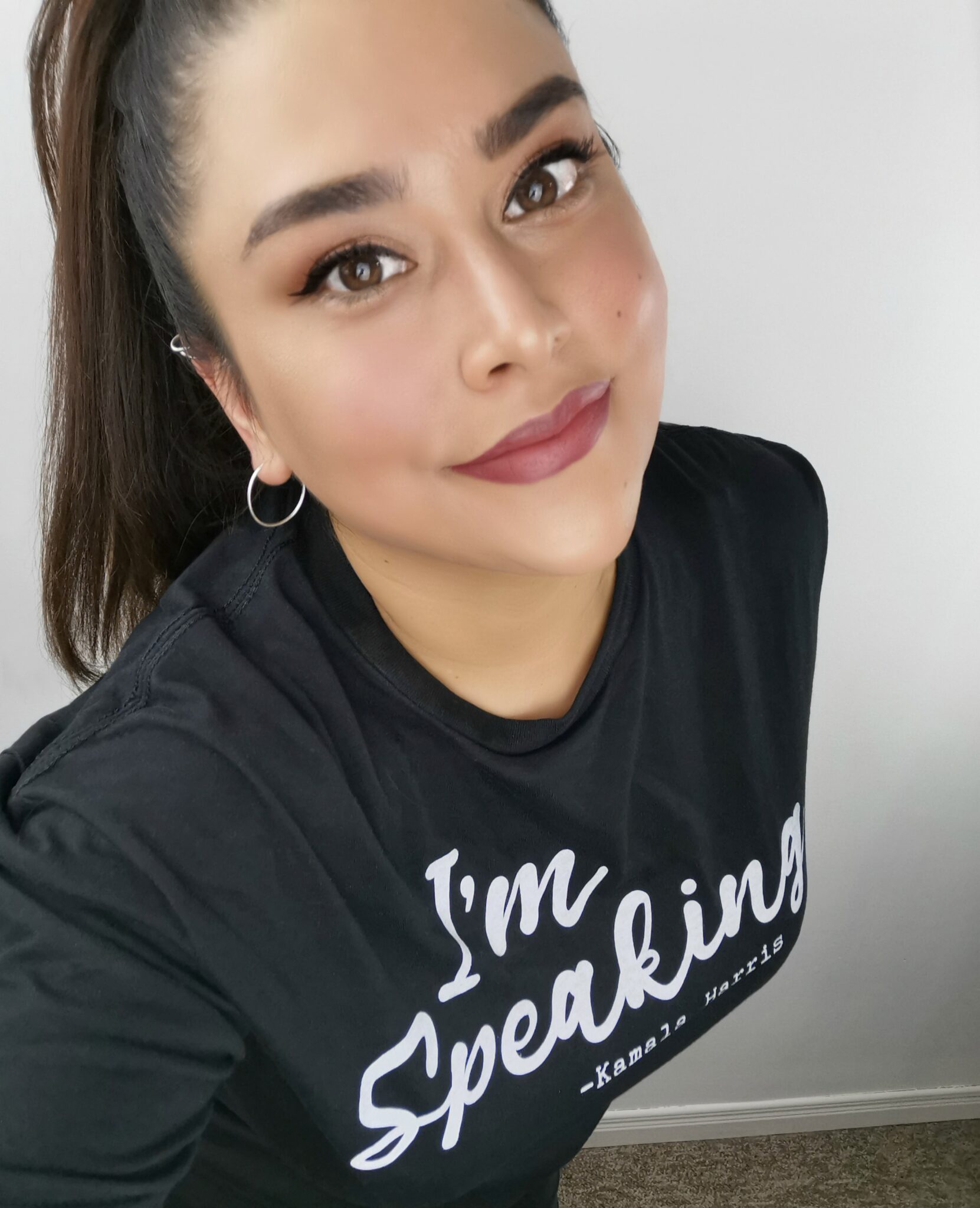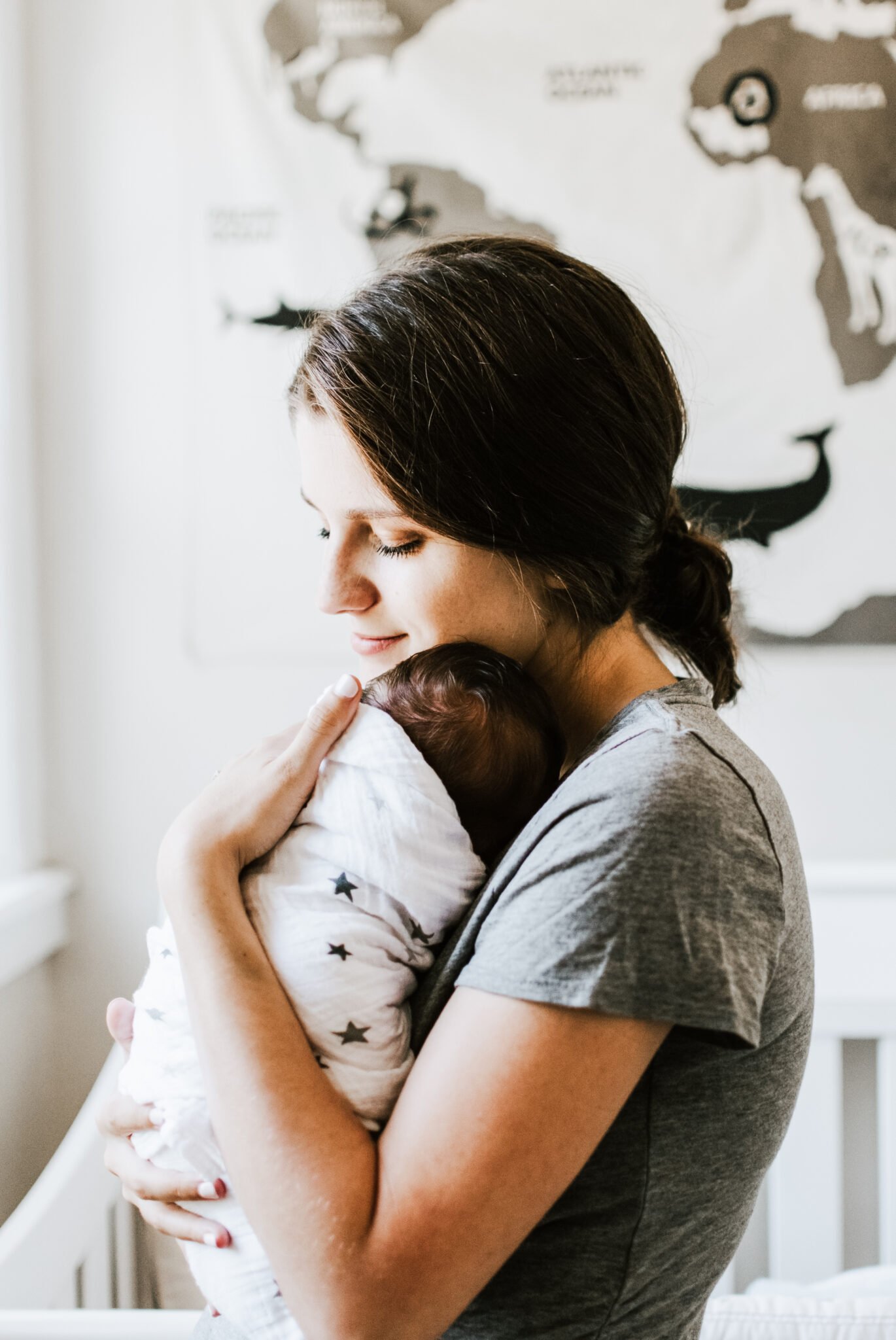The Surprising Costs of Having a Baby: Helpful Guidance for Canadian Parents

The Surprising Cost of Having a Baby
The road to parenthood can be overwhelming. After all, you will become solely responsible for a new life. From feedings to diapering, doctor visits, and everything in between.
As most new parents prepare for their bundle of joy, they tend to prepare only for the first year. Without considering some of the long-term costs associated with raising a child.
These days, things can add up quickly. Consider the cost of baby gear, maternity leave, and child care. As well as saving for their education, and that includes higher education.
According to a 2015 analysis conducted by Moneysense, the cost of raising a child from birth to age 18 in Canada was $13,366 per year. Adjusted for inflation today, that amount would be even higher.
Toronto-based author and former editor at TodaysParent.com Lisa Van de Geyn recommends forecasting any additional costs prior to the baby’s arrival. This includes expenses such as diapers, baby formula, car seats, etc.
You can check out My Organic Company for more information about finding a formula for your baby.
She strongly suggests not overbuying maternity clothes, baby clothes, and play equipment. Vand de Geyn says it’s wise to pass those items between friends.
Van de Geyn encourages couples to look at their finances ahead of time, create a budget, and then devise a plan on how they’ll be able to live off a single income during maternity/parental leave.
Take a Look at Expenses
Another sound step in becoming financially ready to welcome home a baby is taking a closer look at your current expenses.
How are you allocating your monthly income?
How can you cut back on unnecessary or indulgent things?
Particularly recurring expenses that require a simple effort to change. Like switching to a cheaper cell phone plan or cutting cable for a cheaper streaming service.
Even though some of your costs will rise, other expenditures like entertainment and restaurant bills will likely go down during the first few years.
Consider Loss of Income
Next, it is a good idea to estimate any potential loss of income. For instance, how long do you plan on taking maternity leave?
Do you plan on returning to work after the baby is born or will you go part-time, or even stay at home? You’ll want to configure any future deficits into your budget.
Plan for the Future
Now it’s time to start living on your post-baby budget. A great way to save the money you would be spending is by putting it into a savings account.
Another idea is to start putting some of it away for your child’s education. It’s never too early to start saving for your child’s higher education.
In Canada, one of the smartest and most cost-effective options available to new parents is opening a Registered Education Savings Plan, which is managed and distributed through leading providers like CST Consultants Inc.
You May Also Like:
- Small Spaces, Big Impact: Clever Home Improvement Ideas for Tiny Living
- What is a Final Order of Divorce?
- Event Planning Tips to Simplify a Baby Shower
- How To Throw A Virtual Baby Shower
An RESP is a smart way to proactively save money for your child’s post-secondary education so that you’ll be ready to help pay for it when they’re ready to study.
We started when the girls were born and we cannot wait until it pays off.
In the end, you might be surprised at how simple it is to modify your spending habits. Most especially when the prize is so sweet.
How did you prepare for a baby?
Let me know, then–cheers m’deres!


Nancy Polanco is a freelance journalist, lifestyle content creator, and editor of Whispered Inspirations. She is a proud Mom to Gabby and Michaela and partner and best friend to Darasak. Having worked as part of a health care team for almost a decade, Nancy is happy to be back to her passion. She is a contributor to the Huffington Post, TODAY’s Parents, and an Oprah Magazine Brand Ambassador.






